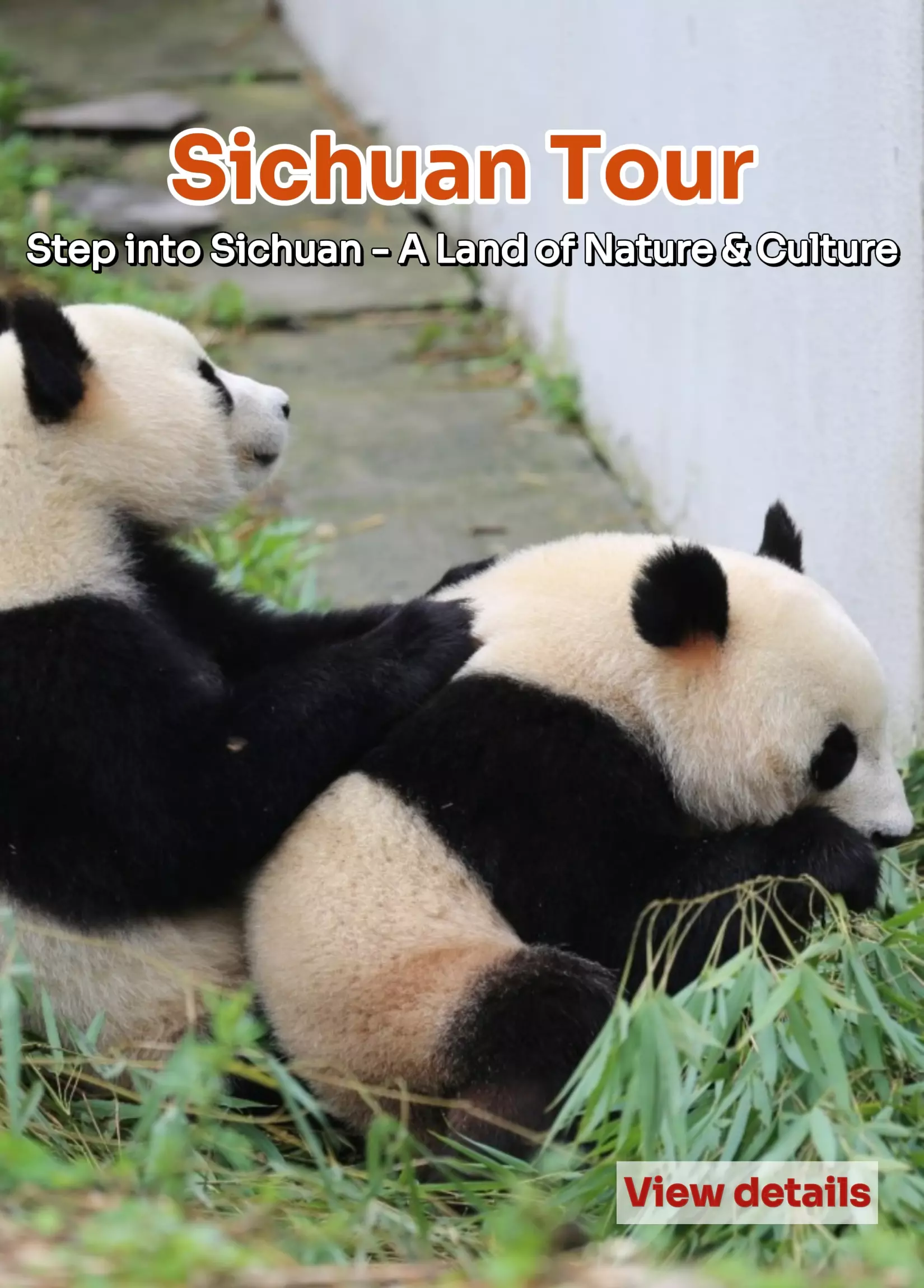Top 20 Attractions in Sichuan
- by Jennie
- Last Updated: 2025-02-16
Sichuan, a land surrounded by the reputation of the Land of Abundance, not only nurtures a profound history and culture but also hides countless fascinating natural wonders. From the colorful Jiuzhaigou to the solemn and sacred Mount Emei, from the ancient and wise Dujiangyan to the naive pandas, there is almost a scene for every step.
1. Jiuzhaigou
Jiuzhaigou is located in Jiuzhaigou County, Aba Tibetan and Qiang Autonomous Prefecture, and is one of China's first World Natural Heritage sites. Jiuzhaigou is named for the nine Tibetan walled villages in the scenic area, which are surrounded by towering snow-capped peaks, clear and colorful lakes, colorful waterfalls, and lush trees. It is famous for its unique natural landscapes of calcified lakes, waterfalls, and primitive forests. Nothing is more famous than the Five Flowers Sea, Pearl Beach Waterfalls, and other attractions, which are colorful and different, as if they were the palette of nature. In the fall, the mountains full of red and yellow leaves and the crystal clear lake water reflect each other beautifully. Jiuzhaigou is also home to rare animals such as giant pandas, and the ecological diversity is breathtaking.
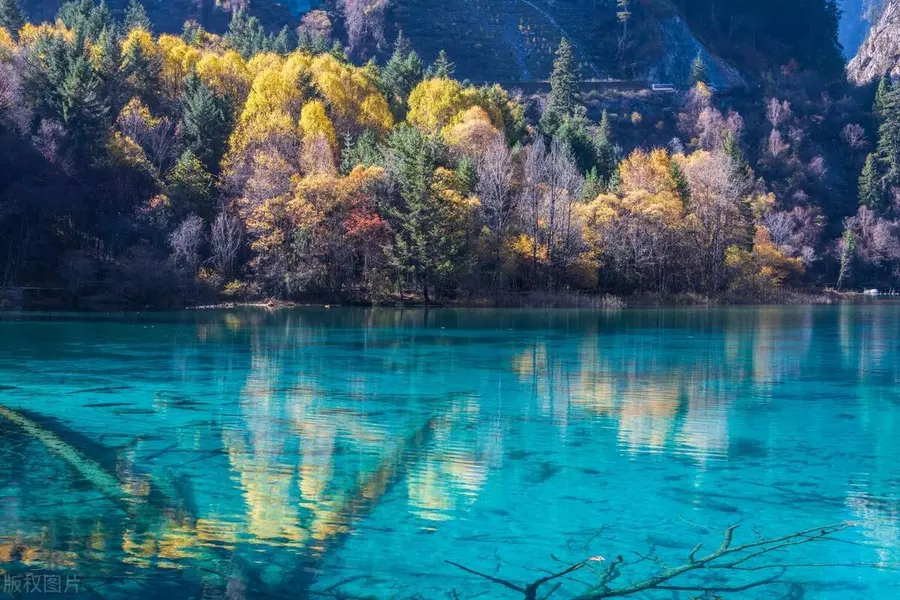
2. Mount Emei
Located in Leshan City, Emei Mountain is one of the four most famous Buddhist mountains in China. As a place of enlightenment of the Bodhisattva Samantabhadra, Emei Mountain has beautiful natural scenery and also contains a deep Buddhist cultural heritage. There are many temples on the mountain, the most famous of which are Baoguo Temple and Fuhu Temple, with not only a simple and elegant architectural style but also rich Buddhist history and wisdom. Every year at the turn of spring and summer, the azaleas on Mount Emei are in full bloom, spectacularly covering the mountain. In addition, Emei Mountain is also one of the best places to view natural wonders such as sunrise, the sea of clouds, and Buddha's light.
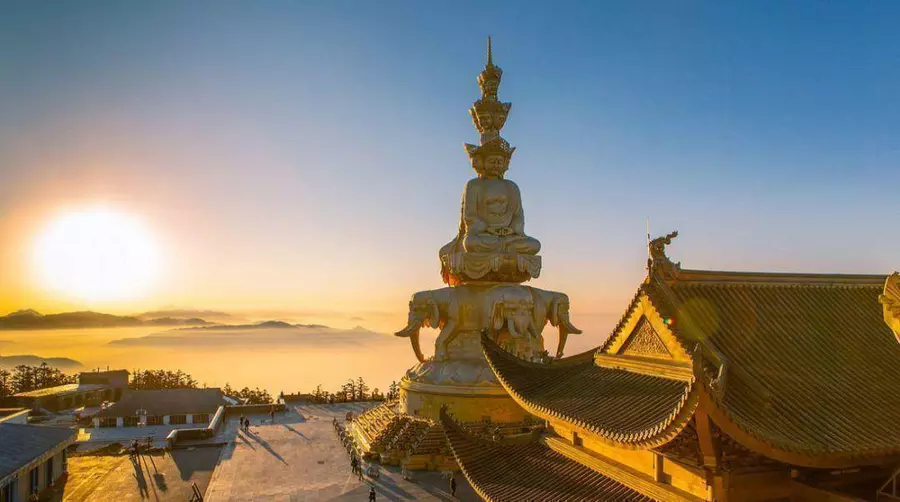
3. Leshan Giant Buddha
Leshan Giant Buddha, also known as Lingyun Giant Buddha, is located on the side of Lingyun Temple on the east bank of Minjiang River in Leshan, near the confluence of the Dadu River, Qingyi River and Minjiang River. It is the world's largest stone statue of a seated Maitreya, standing 71 meters tall. The statue was excavated in the Tang Dynasty and took 90 years to complete, witnessing a thousand years of wind and rain. The Buddha consists of Lingyun Mountain, Wuyou Mountain, the giant reclining Buddha and other attractions, belonging to the national 5A level tourist attractions.
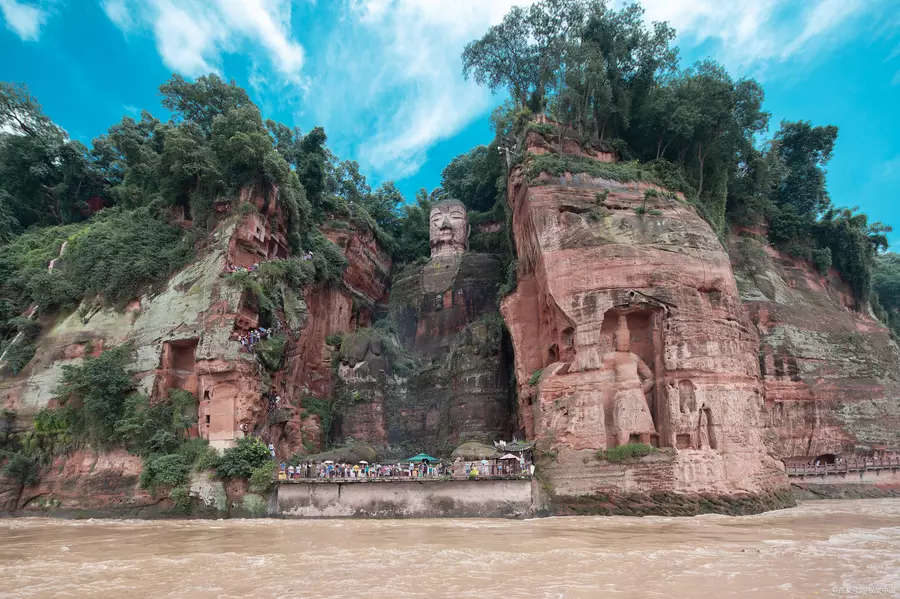
4. Dujiangyan
Dujiangyan, located on the Minjiang River to the west of Chengdu Plain, is one of the world's cultural heritage. It is a large-scale water conservancy project built under the auspices of Li Bing, the governor of Shu County during the Warring States period. This ancient water conservancy project, which was built more than 2000 years ago, still plays an important role in irrigation and flood control. Standing on the viewing platform of Dujiangyan, you can enjoy the spectacular scenery of the key parts such as the Fish Mouth Levee, Flying Sand Weir, and Bottle-Neck Channel, and feel the wisdom and talent of the ancients.
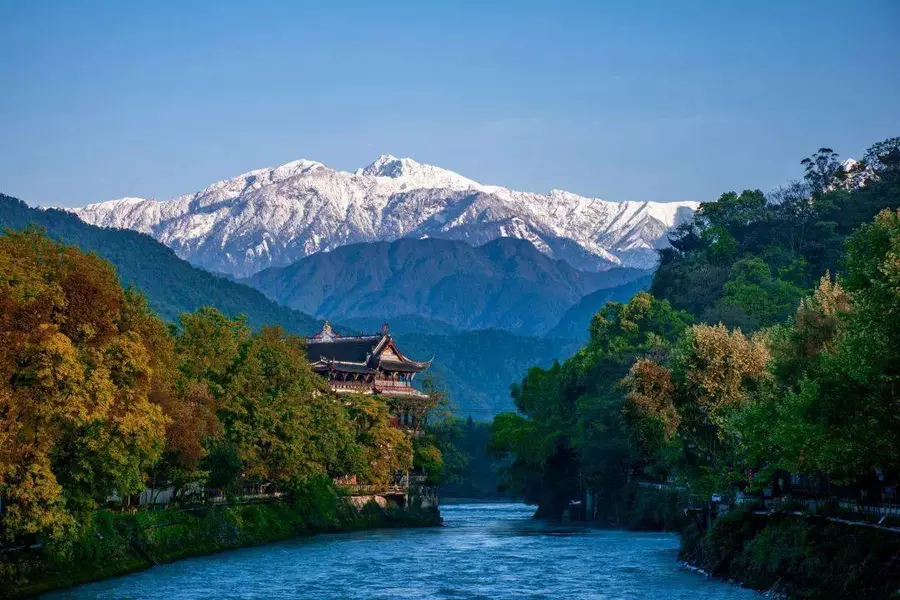
5. Mount Qingcheng
Mount Qingcheng, a famous Taoist mountain located in the southwestern part of Dujiangyan City, is famous for its profound quietness and ancient trees. As one of the birthplaces of Taoism, Mount Qingcheng has beautiful natural scenery and a profound Taoist cultural heritage. There are numerous Taoist monuments here, such as Tianshi Cave and Jianfu Palace, which are important carriers of Taoist culture. Here, you can participate in Taoist ritual activities and experience the unique charm of Taoist culture.
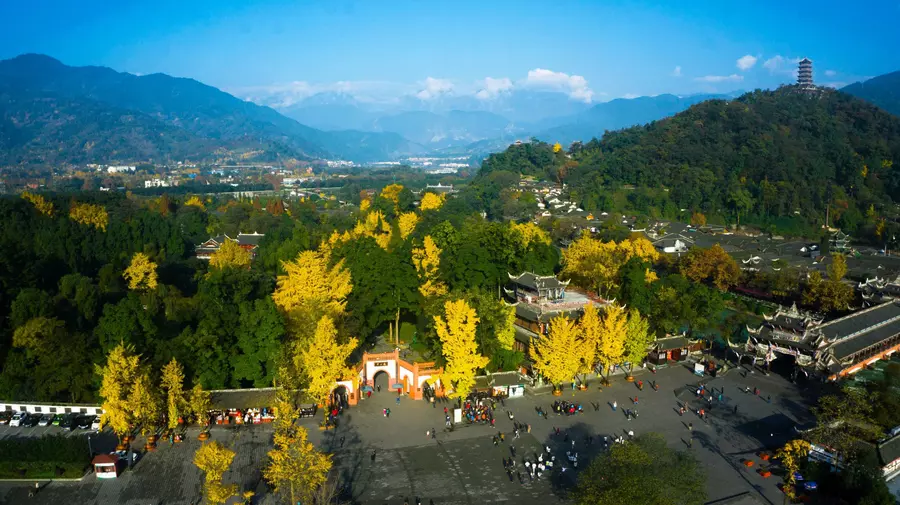
6. Daocheng Yading
Daocheng Yading is located in Daocheng County, Ganzi Tibetan Autonomous Prefecture, known as the "last Shangri-La". It has magnificent snow-capped mountains, vast grasslands, tranquil lakes, and simple Tibetan villages. Three sacred mountains -Chenrezig, Jambeyang, and Chanadorje stand in the middle, where you can have close contact with Tibetan culture, experience the piety of praying for blessings, and feel the purification and sublimation of the soul. Every year in the fall, the red meadow of Daocheng Yading attracts countless photography enthusiasts to shoot.
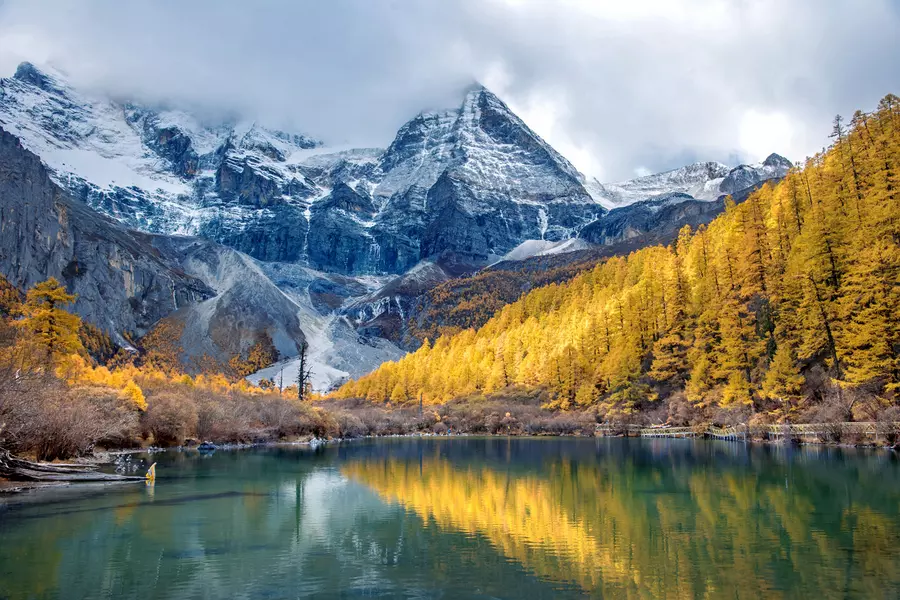
7. Chengdu Research Base of Giant Panda Breeding
Chengdu Research Base of Giant Panda Breeding is one of the world's largest scientific research institutions for giant panda breeding and one of the best places to watch giant pandas. It covers a vast area and the ecological environment simulates the wild habitat of giant pandas, where they live and reproduce leisurely. Not only do numerous giant pandas live here, but there is also a special science education area where visitors can learn about the habits and conservation knowledge of giant pandas while viewing them. In addition, the base also has a panda hospital, scientific research center and other facilities, dedicated to the protection and breeding of giant panda populations.
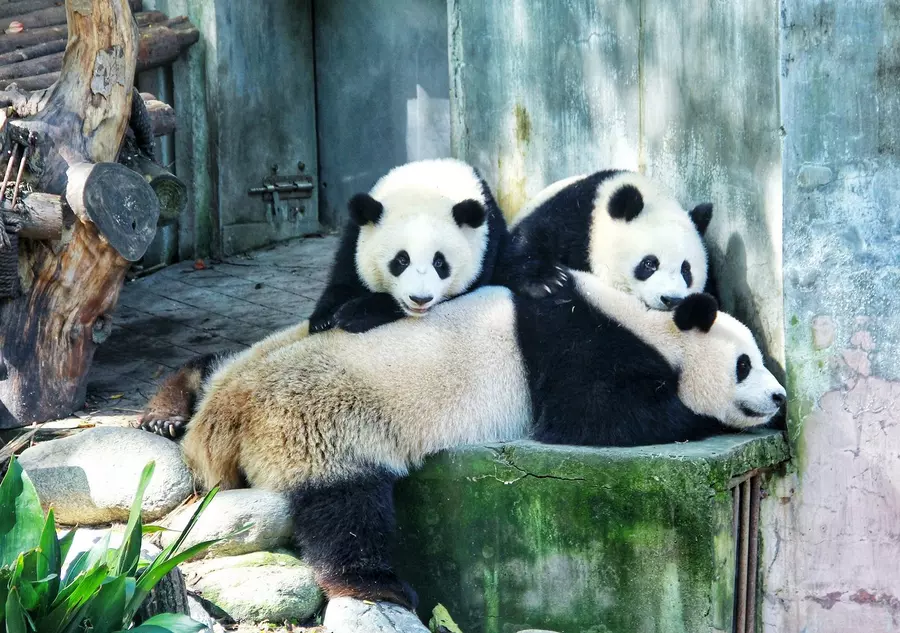
8. Huanglong Scenic and Historic Interest Area
Huanglong Scenic and Historic Interest Area, located in Songpan County, Aba Tibetan and Qiang Autonomous Prefecture, is the only well-protected plateau wetland in China. There are large areas of calcified sedimentary landforms, such as colorful pools, waterfalls, springs and so on. One of the most famous attractions is the Colorful Pools, whose watercolor changes with the seasons and is splendid and colorful. In addition, attractions such as Huanglong Temple and Flamboyant Pond are also worth a visit. Huanglong is also rich in flora and fauna resources, which is a treasure trove of natural ecology.
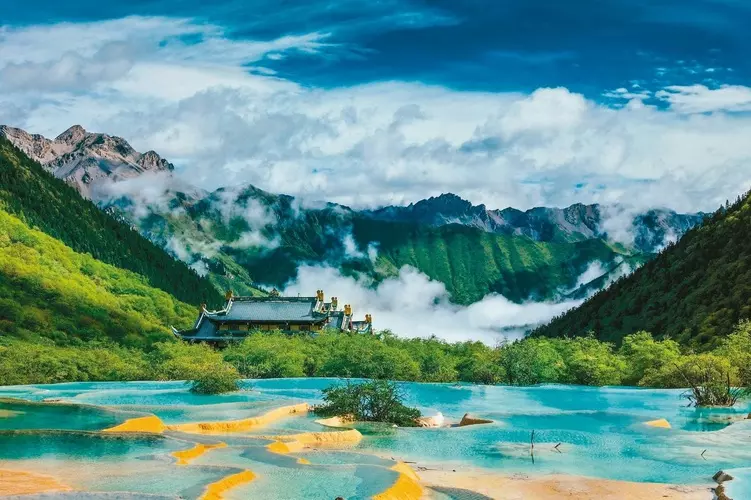
9. Mount Siguniang
Mount Siguniang is located at the junction of Xiaojin County and Wenchuan County in Aba Prefecture. There are natural landscapes such as snowy mountains, glaciers, meadows, and forests, as well as rich animal and plant resources and unique Tibetan culture. Mount Siguniang Scenic Area has attractions such as Shuangqiao Valley, Changping Valley, and Haizi Valley. Summer is the best time to travel to Mount Siguniang, with green grass at the foot of the mountain, wildflowers everywhere, cattle and sheep, and Tibetan villages lying quietly at the foot of the mountain. As a paradise for outdoor enthusiasts, Mount Siguniang offers a wealth of hiking, rock climbing and other sports programs.
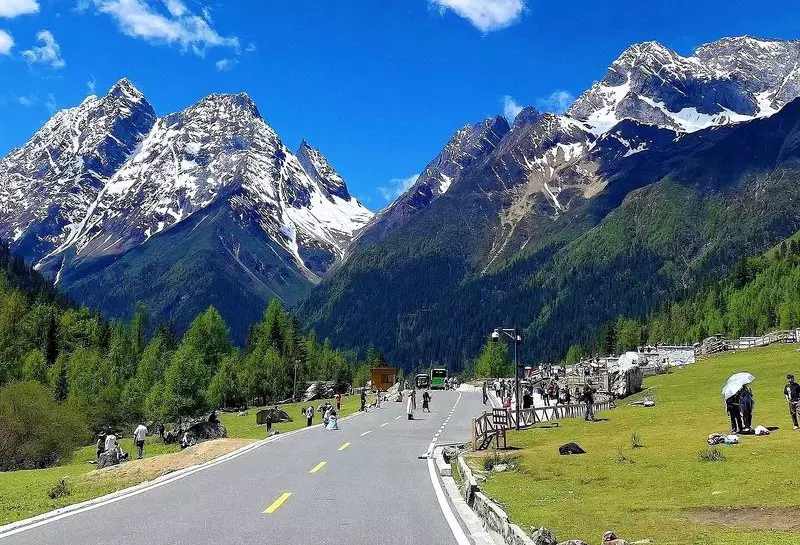
10. Sanxingdui Ruins
Sanxingdui is an ancient Shu(abbreviation of Sichuan) cultural site with a history of 3,000 to 5,000 years in Guanghan City, known as the source of the Yangtze River civilization. The ruins are preserved with complete city walls and rich cultural relics, demonstrating the grand scale and cultural wisdom of the ancient Shu state. The unique and diverse culture of Sanxingdui enriches the understanding of ancient Shu civilizations.
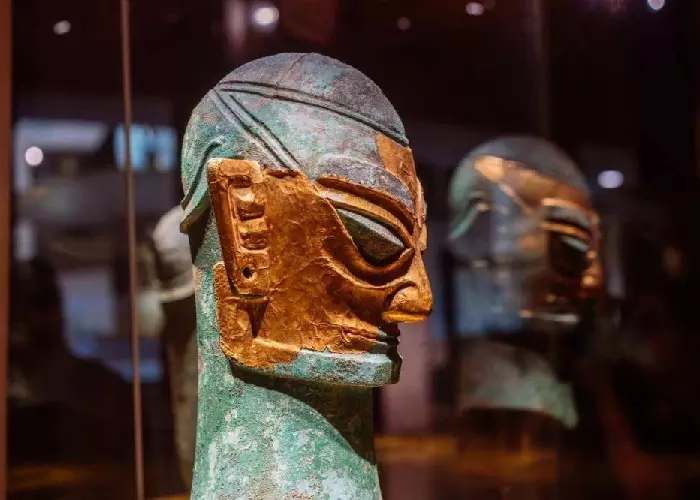
11. Wuhou Temple
Wuhou Ancestral Hall commemorates Zhuge Liang, Liu Bei and the heroes of Shu Han(a separatist regime during The Three Kingdoms period), and enjoys the reputation as the “Holy Land of the Three Kingdoms”. This museum contains many precious relics, paintings, calligraphy and inscriptions. In addition to the rich collection of cultural relics, the gardens within the Wuhou Ancestral Hall are also worth a stroll. The red wall with green bamboo is the most popular spot to visit, with many tourists taking pictures when they visit the museum.
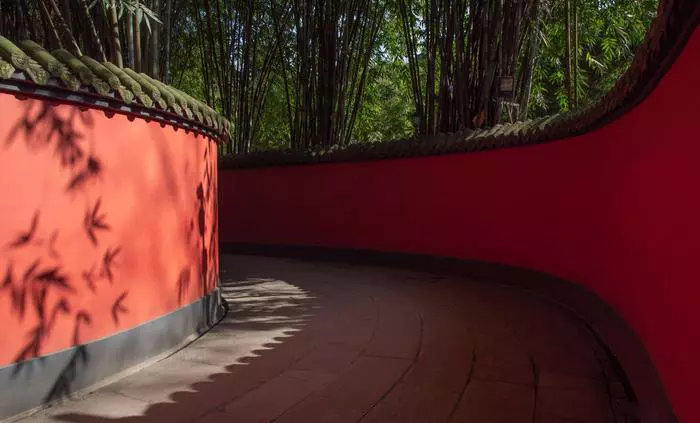
12. Jinli Ancient Street
Jinli Ancient Street is adjacent to the Wuhou Temple, which is quaint and full of the life of old Chengdu. People can shop, taste food and enjoy street performances here. There are also many handmade and cultural treasures stores on both sides of the ancient street. Walking into it, there is a wide variety of exquisite handicrafts and souvenirs, all of which can make you stroll for a while.
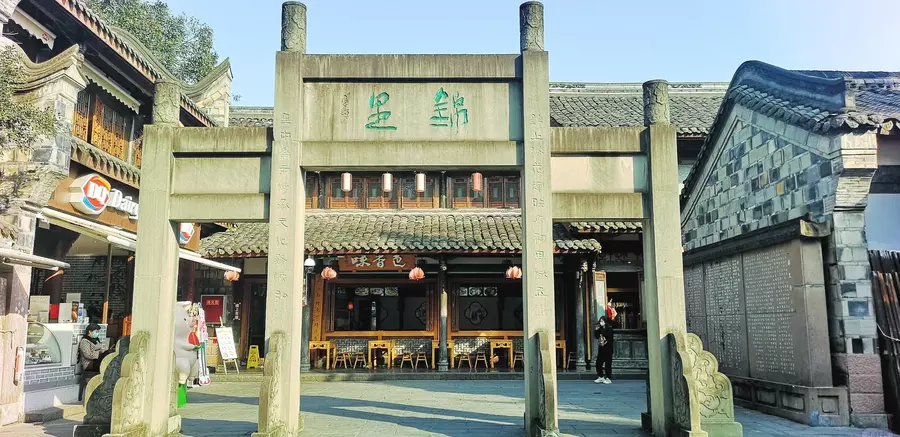
13. Kuanzhai Alley
Walking in the Kuanzhai Alley, you can feel the strong old Chengdu style, with courtyard houses, local Sichuan snacks, and authentic city life. If you are looking for a place to savor history and enjoy delicious food in autumn, then Kuanzhai Alley is definitely your ideal choice.
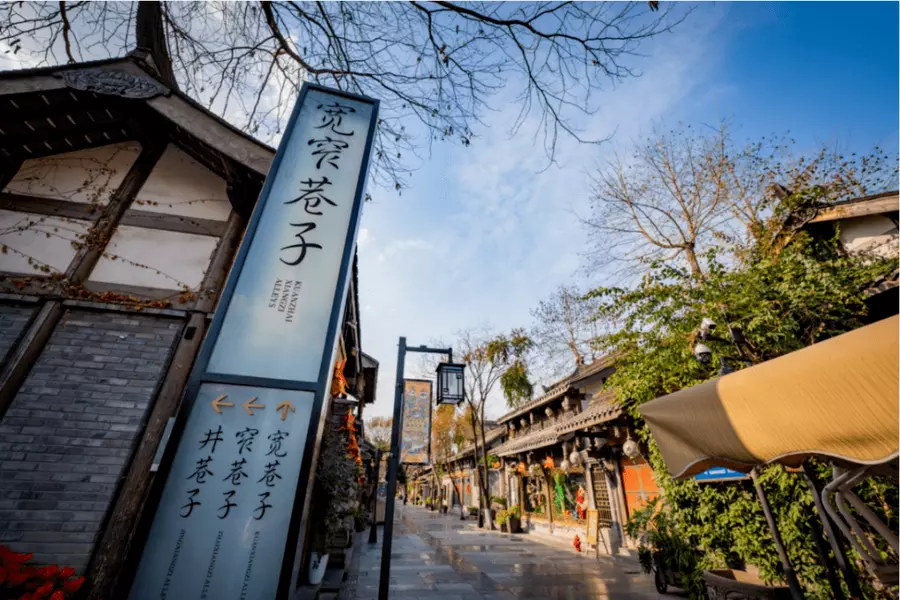
14. Wenshu Monastery
Wenshu Monastery, located in Qingyang District, Chengdu, is a Buddhist temple with a long history and deep cultural heritage. Not only is it the most well-preserved Buddhist temple in Chengdu, but it is also the first of the four major Zen temples in China's Yangtze River Basin, and is of great historical and cultural value. Wenshu Monastery covers an area of more than 200,000 square meters, which is grand in scale.
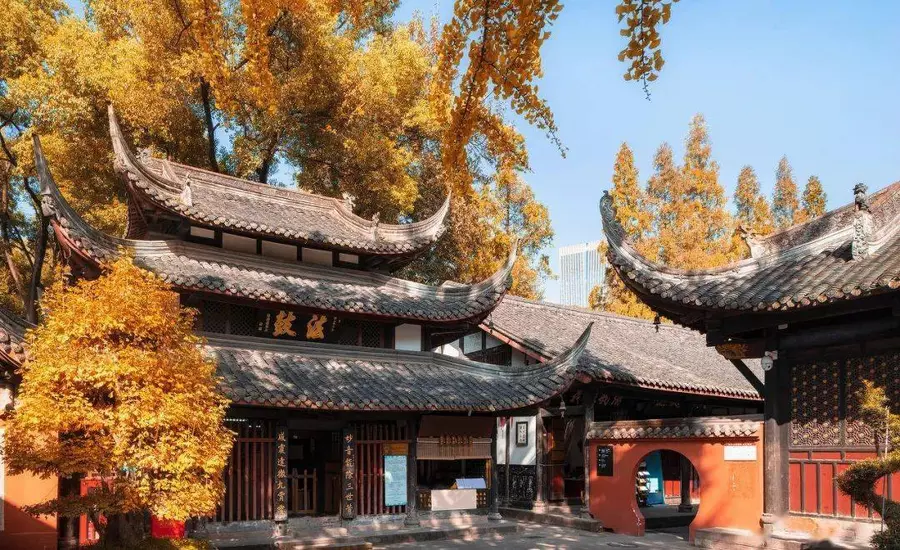
15. Du Fu Thatched Cottage
Du Fu Thatched Cottage is a national AAAA-level tourist attraction, a national-level museum and a national key protection unit of ancient books. It is located on the banks of the Flower Rinsing Creek of Chengdu, and was the former residence of Dufu, a great poet of the Tang Dynasty when he lived in Chengdu. Du Fu lived here for nearly four years and composed more than 240 poems. Today, Du Fu Thatched Cottage covers an area of nearly 300 acres, with simple and elegant buildings and beautiful gardens. It is the largest, best-preserved, best-known and most distinctive relic of Dufu's life in China, with more than one million visitors annually.
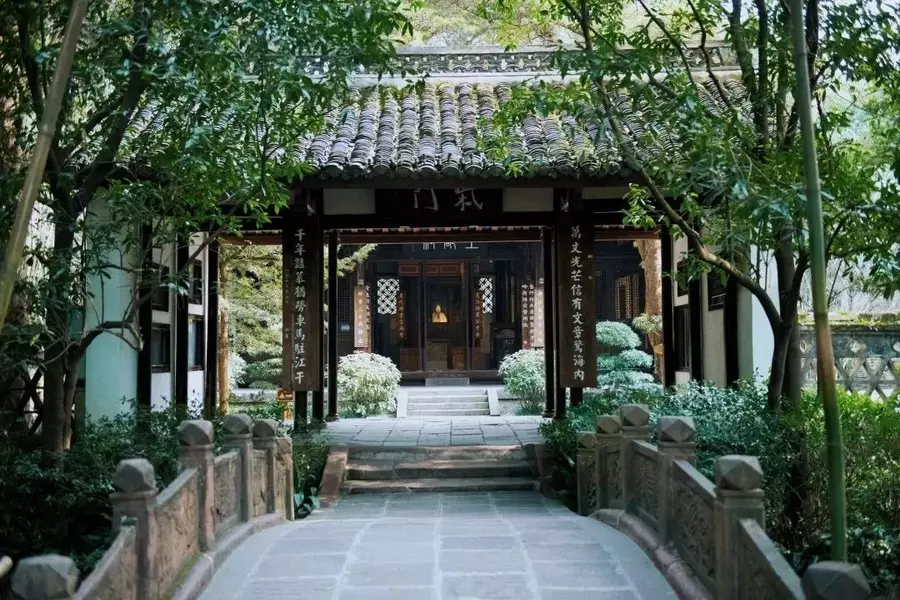
16. Shufeng Yayun Sichuan Opera House
Located opposite Chengdu's cultural park, Shufeng Yayun Sichuan Opera House gathers famous actors and actresses in Sichuan and has become a folk culture center where famous artists and celebrities gather. The opera house not only retains the quaint architecture but also advocates a performance mode of “tea and drama in one”, in which the audience can watch the drama while drinking tea and cracking melon seeds. Nowadays it has been upgraded with 7 new opera scenes, allowing the audience to feel the atmosphere of Sichuan opera more closely.
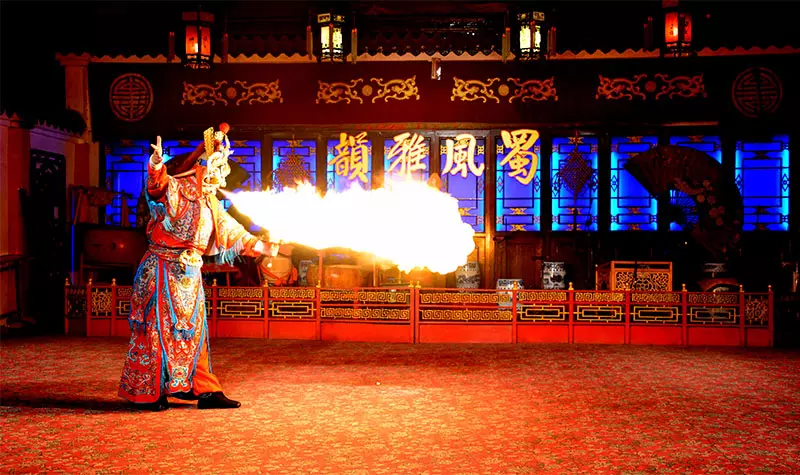
17. Tagong Grassland
Located in Kangding County of Ganzi Tibetan Autonomous Prefecture, Tagong Grassland Scenic Area integrates natural and humanistic landscapes such as snow-capped grasslands, temple pagodas, lakes and flowers, as well as rare animals. “Tagong” means "Bodhisattva's favorite place" in Tibetan. It's the birthplace of the seventh Dalai Lama. Tagong Grassland covers an area of 712.37 square kilometers, with undulating and gentle terrain and vast grassland, scattering cattle and sheep in herds. Sichuan-Tibet Highway passes through it. There are Tagong Monastery, Mount Yala and other attractions.
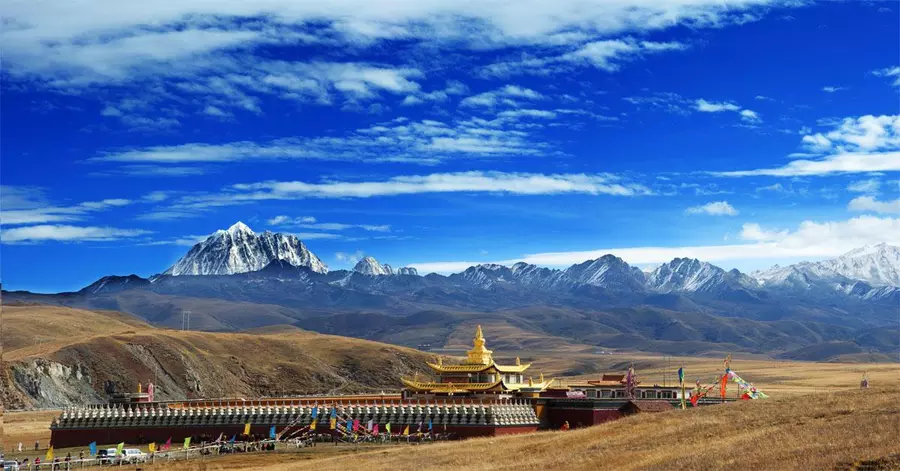
18. Wolong National Nature Reserve
Wolong National Nature Reserve is located in the southwest of Wenchuan County, Aba Tibetan and Qiang Autonomous Prefecture, and borders Siguniang Mountain to the east. Currently, there are only more than 1,000 wild giant pandas distributed across China, and there are more than 100 wild giant pandas in Wolong Nature Reserve, accounting for about 10% of the country's total, so Wolong is called the hometown of giant pandas. It's also the largest giant panda base in the world.
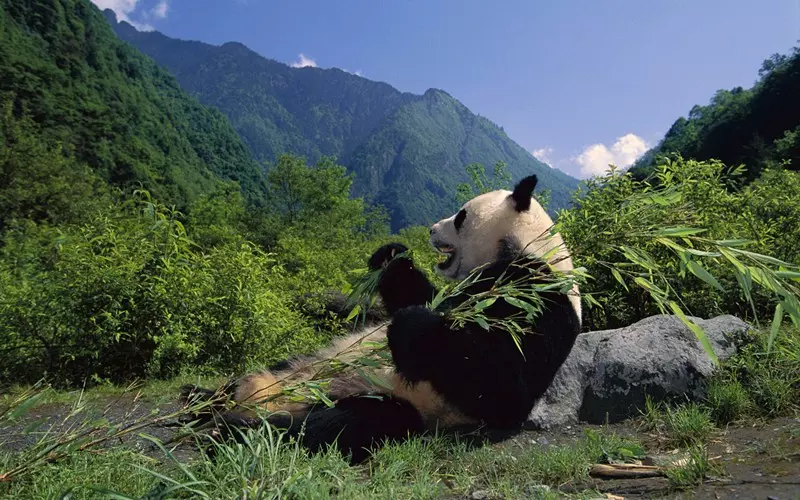
19. Serta Larung Five Science Buddhist Academy
Serta Larung Five Science Buddhist Academy is located in Serta County, Ganzi Tibetan Autonomous Prefecture, at an altitude of up to 4,000 meters above sea level. Founded in 1980 by Kyabje Khenchen Jigme Phuntsok, the college has risen to become the largest Tibetan Buddhist college in the world in just a few years. Here, the precepts are strict, male and female houses are separated, stretching for several kilometers, which looks spectacular. The "Altar City" at the top of the highest hill of the College is the place where Tibetans turn the scriptures, which is said to be able to cure all kinds of illnesses, and a hundred turns can reveal the spirit. This spot is not available for foreign tourists right now.
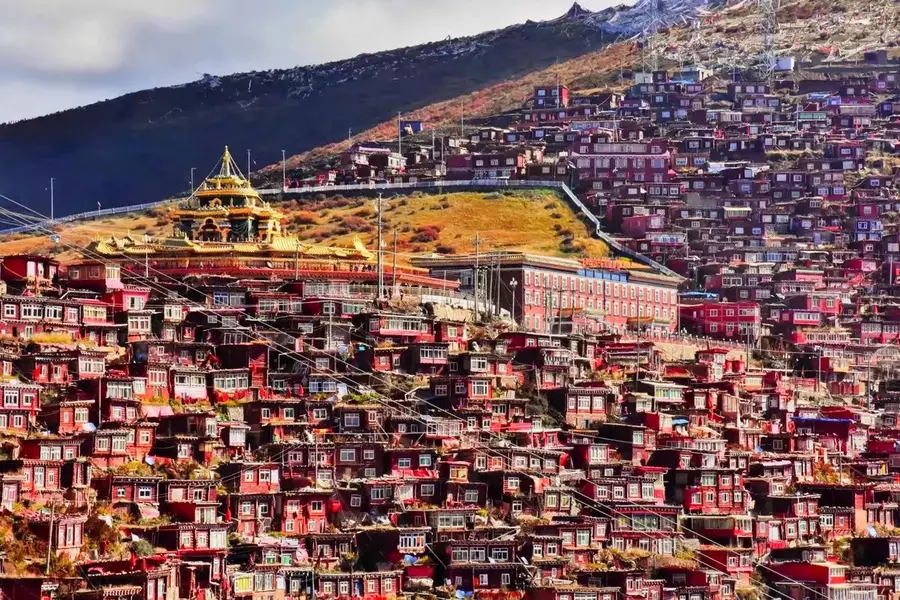
20. Horse Riding in Songpan
Songpan, known as the gateway to Western Sichuan, is a tourist mecca on the snowy plateau. Many tourists from all over the world come to Songpan, riding through the mountains and forests, enjoying the beauty of Songpan's ecology, experiencing the simple ethnic characteristics, and feeling the fun and novelty of horse riding. Under the guidance of a guide, tourists can follow the ancient Tea Horse Road and visit scenic spots such as Songpan Tibetan Village, Erdaohai, and Xuebaoding. Along the way, you can appreciate the beautiful scenery of the Western Sichuan Plateau.
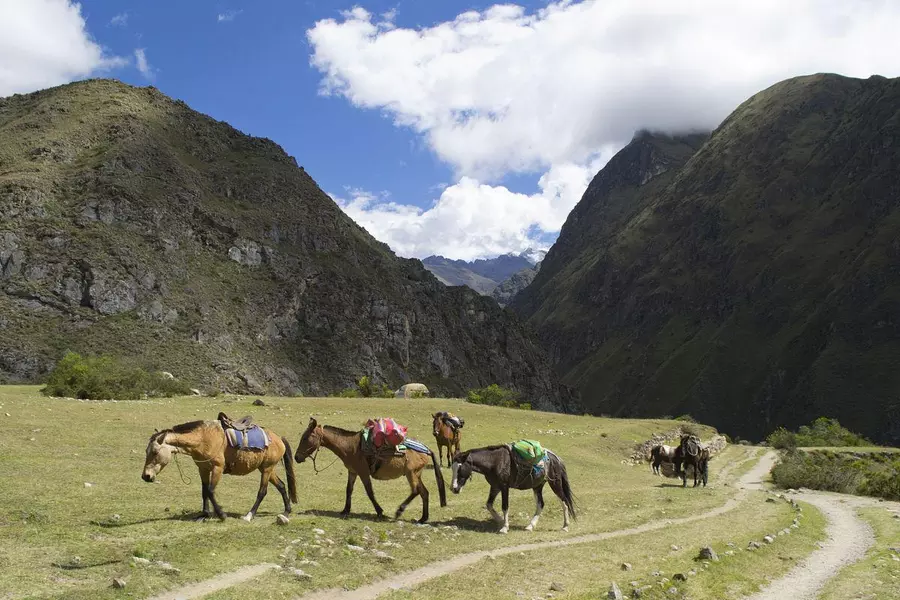
Related Articles
- Sacred Lakes of Tibet
- Sichuan Cuisine
- Sichuan Tours
- Tibet and Bhutan Tour
- 8 Top Reasons to Visit Tibet
- Flights to Tibet from US
- Leshan Giant Buddha
- Mt. Emei
- How to Get to Tibet from Chengdu?
- Chengdu Giant Panda Breeding Research Base
Email response within 0.5~24 hours.


